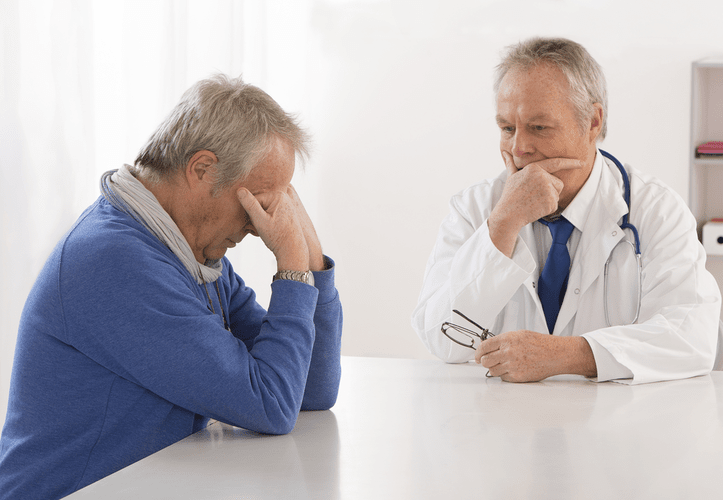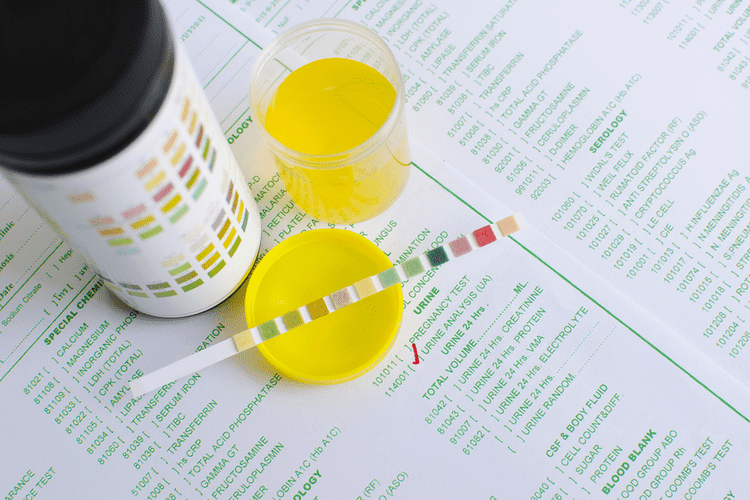Content
"Most social media sites are self-regulated, but this has proven to be ineffective, and it can make enforcing restrictions challenging. If you attend an event where alcohol is served, do not be afraid to say no and don’t give in to peer pressure. Try to bring a friend who understands your commitment to sobriety. Someone may try to catch up to a peer who is on a third drink or may stay out later than usual. Therefore, consuming the substance in social settings can give way to miscommunication. Individuals often turn to alcohol before an evening out with friends.
This is usually when people start to feel their best after giving up alcohol. By this point, most physical withdrawal symptoms should have subsided and you should start to feel less anxious and more positive. As pandemic lockdowns ease and we return to ordinary life rhythms, the revival of social drinking should be embraced with euphoric gusto. Let us look forward to once again celebrating the ancient, distinctly human joy of sharing a pint or two among friends. You may need to shift your social circle to include people who don’t drink. If you’re surrounded by people who make alcohol a big part of their lives, it can feel like everyone drinks.
For Those in Recovery from Alcoholism
But air traffic controllers and TSA agents would have to work without pay. The White House has suggested this would lead to longer wait times and significant delays across the country. Many colleges, for instance, rely on federal money to fund programs for disadvantaged students who wouldn’t otherwise go to college or are having trouble staying in school.

If you’re a recovering alcoholic, it’s best to avoid activities and environments that revolve around alcohol. This is especially true during the early months of your sobriety when you are the most vulnerable. The practice has become endemic to the point that social drinking problems are often overlooked. One of the unexpected benefits of giving up alcohol is that you may find yourself more productive than before. This is because alcohol can cause fatigue and decreased motivation, so when you stop drinking, you may find it easier to get things done.
How To Drink Responsibly?
In fact, some of them might also be thinking about cutting back on their own alcohol use and be inspired by you. Perhaps you’d appreciate a sober buddy, or someone else staying sober with you when you go out or helping you resist the temptation to drink. You might even still like to do the same things—such as playing cards or watching movies together—but without alcohol. It’s up to you to decide how much information to share and who to share it with. Everyone has their own choice to make, and no explanation is needed.
Signs of Alcoholism in Other People (or Yourself) - Verywell Health
Signs of Alcoholism in Other People (or Yourself).
Posted: Wed, 27 Sep 2023 09:45:39 GMT [source]
Like other symptoms, the impact on mood depends on the amount and duration of your alcohol use. For light or moderate drinking, you might experience a more temporary, mild effect on mood. If you've been drinking heavily or for long periods, the impact will be more pronounced, and it will take longer for your neurotransmitter systems to restore their balance in your body. After half a year without drinking, you will really start to reap the rewards. Your risk of developing cancer will decrease, and your liver function will have greatly improved. After one week without alcohol, your risk of seizures is much less.
Social Drinking vs a Drinking Problem: What’s the Difference?
Alcohol enhances dopamine levels, increasing drinkers’ generosity, empathy and friendliness. And many rely on alcohol to enhance their communication skills at social functions. For thousands of years, alcohol and socializing have gone hand in hand. The activity is featured in religious texts, Roman literature and historic artworks.

If social drinking has led you or someone you know to abuse alcohol, contact a nearby treatment center. One thing that has changed in recent times is the freedom that people have to go to bars and other public spaces to drink, considering the situation of the covid-19 pandemic and the strict rules given about social distancing. It has severely impacted the pattern of drinking of a lot of social drinkers – especially the younger ones that almost always drink in groups. People who transition from social drinkers to problem drinkers may be able to stop without assistance, but they may find that it’s too big of a challenge to conquer on their own. This increase in consumption leads to increased tolerance, so you’ll find yourself drinking more to get the same result. Quitting drinking can have many important benefits for your physical and mental health, but there are many other types of benefits you may experience as well.
Potential to Drink Past Capacity
However, the widely accepted practice of having "one too many" blurs the lines between potentially dangerous alcohol abuse and responsible social drinking problem. Those who spent between 30 minutes and under one hour a day on social media were 62% more likely to consume alcohol six or more times a month, and 51% were more likely to binge drink. The research also concluded that the 17-year-olds who spent more than 30 minutes a day on social media were more likely to engage in risky behaviour like binge drinking. According to the Diagnostic Statistical Manual for Mental Disorders, 5th Edition, alcohol abuse may or may not involve chronic episodes of binge drinking. Alcohol dependence involves many episodes of alcohol abuse leading to blackouts, withdrawal, cravings, and a physical, emotional, and social emphasis on alcohol use. In American culture, drinking can feel like any regular activity, much like going to the gym or booking a massage.
There are numerous resources and methods to approach the treatment of AUD, but first, it’s important to evaluate what exactly is problematic drinking. Though https://ecosoberhouse.com/ can be a low-risk activity, it can also be dangerous. Activities and environments that revolve around alcohol could lead individuals to drink in excess and engage in risky behaviors.
How Helicopter Parenting Can Cause Binge Drinking
The modern innovations of distillation and isolation only increase the dangers lurking in the bottle. For a species whose ability to consume and process alcohol can be traced back at least 10 million years up the evolutionary tree, this is basically yesterday, and represents an evolutionarily novel danger. A couple bottles of vodka contain a dose of ethanol equivalent to an entire cartload of pre-modern beer.
Some researchers say alcohol increases stress, but studies have provided inconsistent results. Investigations often use college students with varying levels of social anxiety to examine the theory, rather than patients with social anxiety disorder. Certain holidays, such as St. Patrick’s Day, the Fourth of July and Halloween, also encourage social drinking.
Signs of problem drinking
If alcohol consumption is affecting your health, relationships, financial security, or your hope for the future, the terminology is of little importance. Committing to the treatment that can help you live a healthy, fulfilling life is the goal. It's estimated that 90% of those who abuse alcohol are not dependent on the substance. They have not developed tolerance and would not experience withdrawal symptoms if they stopped drinking. People who are dependent on alcohol develop alcohol tolerance — they need larger and more frequent amounts of alcohol to reach their desired effects. Being physically dependent on alcohol also means a person would experience withdrawal symptoms, such as nausea, shaking, and flu-like symptoms, if they stopped drinking cold turkey.
- J. Rorabaugh painstakingly calculated the stunning amount of alcohol early Americans drank on a daily basis.
- NIAAA and the American Academy of Pediatrics both recommend that all youth be regularly screened for alcohol use.
- "There is overwhelming evidence for tightening regulations on alcohol-related media on social networking sites," Professor Connor said.
- Alcohol is a toxin — too much can damage your body and impact your health.
- While some of these changes can be uncomfortable for some time, they will eventually begin to improve the longer you abstain from alcohol use.